Dogs are high on emotions, and like humans, they experience mood swings, depression, anxiety, and panic attacks. Even the most lively puppies can become inactive or low while experiencing depression. You need to recognize the symptoms of pet sadness and help your four-legged buddy go back to their former self.
While pet sadness is not frequent or is less common, these warning signs can assist pet owners in determining if there is a problem.
What Causes Depression and Anxiety in Dogs?
A significant change or distressing incident in a dog’s life can sometimes trigger sadness and anxiety symptoms.
For example, the loss of its owner or a companion animal and a sense of grief felt by those around them can all impact a dog’s overall emotions.
Significant life changes, such as moving to a new house, having a new baby, or getting a new pet, can affect a dog’s feelings. In general, any significant change in your dog’s routine may cause sadness or anxiety symptoms.
Symptoms of Depression and Anxiety in Dogs
Depression symptoms in dogs are more or less similar to those experienced by humans. Low activity levels, a loss of interest in previously liked activities, and a change in eating and sleeping patterns are all common signs.
Some dogs may also exhibit aggressive behavior, such as unusual howling or whining. Dog training can play an immense role in restoring some balance in their life and hopefully help them regain.
Trembling, tail-tucking, hiding, decreased activity, and passive escape actions are all signs of anxiety in dogs. They may also exhibit panic symptoms such as panting, pacing, and aggressive escape behavior.
Physical signs of anxiety in dogs may include sympathetic autonomic nervous system activity, such as diarrhea, or lesions that cause them to lick or bite themselves.
Defecating and urinating in the house is a frequent sign of separation anxiety. Anxious dogs frequently build up to the point where they pee or defecate in the home, even if they are housebroken. It is aggravating for owners and can result in property damage, not to mention the discomfort of the cleaning.
What should you do?
The good news is that dogs frequently recover from depression and anxiety on their own. It might take days to months, depending on the dog and the environment. Indulging in a regulated schedule such as dog walking or outdoor activities can boost their metabolism and increase their dopamine levels. After all, they, too, crave your attention.
Whatever the case may be, the love and care of their owners, as well as some advice from your veterinarian, can help them overcome the blues.
Pet owners can use the following methods:
Pay extra attention to your dog. But wait until you observe evidence of satisfaction, such as a wagging tail, before rewarding your pets.
Maintain your dog’s activity level with regular walks, playtimes, and other things you know they enjoy.
If the loss of an animal friend causes your dog’s symptoms, consider obtaining another pet or begin socializing them with other animals.
Dog Training
To manage dog anxiety, owners can employ a variety of training techniques. Counterconditioning is one method. The goal of counterconditioning is to modify your dog’s response to the stimuli that cause anxiety, generally by substituting a more desired behavior, like sitting or focusing on the owner for the nervous or aggressive behavior.
Desensitization is another training method. The owner gradually introduces the cause of fear to the dog, preferably in tiny doses and at a lower intensity. Positive pet parenting and dog training can help with anxiety management.
Because training an anxious dog is not always straightforward, you may want to consult with professional dog trainers to assist you in picking the best strategy for your dog.
Medications
If your dog develops a severe anxiety problem, your veterinarian may advise you to try medicines or natural treatments. You must check the dosage of antidepressants and medication with your vet before administering them.
To assist your dog cope with stress caused by predictable occurrences such as thunderstorms, fireworks, or vehicle journeys, your veterinarian may give benzodiazepine in combination with an antidepressant.
Anxiety in dogs can be alleviated using natural therapies and solutions. In addition, pheromones and aromatherapy are used in raw foods to relieve stress. Consult your veterinarian about the natural products that are best for your dog.
Depending on the severity of their problems, your veterinarian may also prescribe anti-anxiety medication and suggest behavior modification strategies.
Conclusion
Depression and anxiety in a dog may be a sign of an underlying medical issue in some circumstances. If your pet hasn’t recently gone through a significant life change or traumatic incident, consult with your veterinarian about what else could be bothering them.

 DogExpress
DogExpress

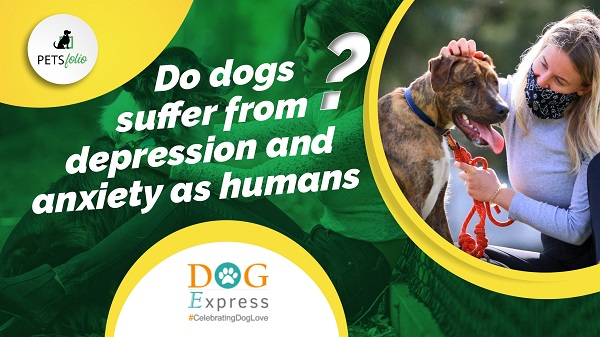
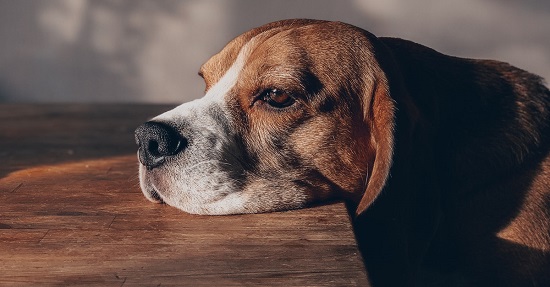
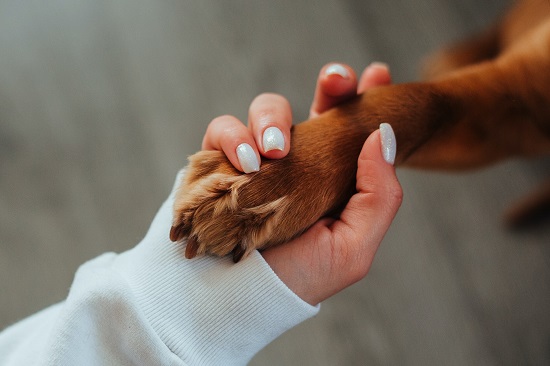
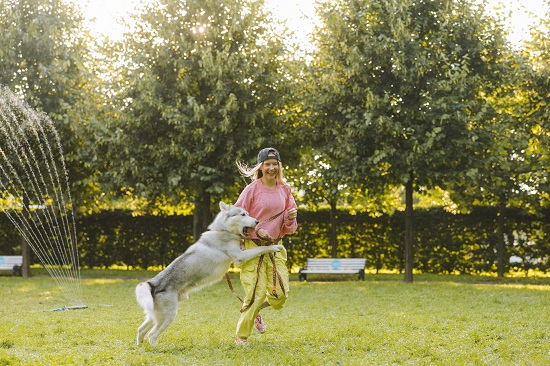

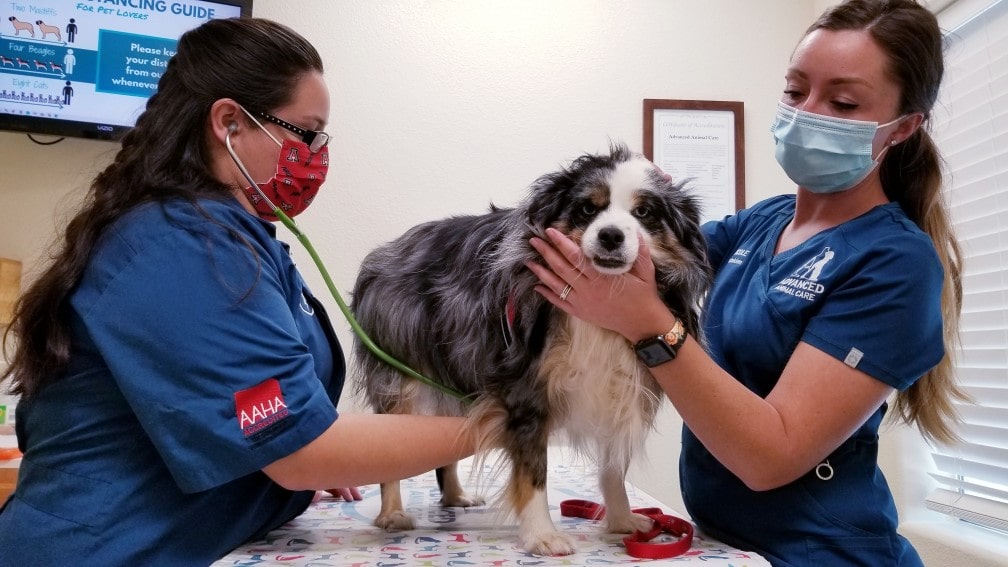
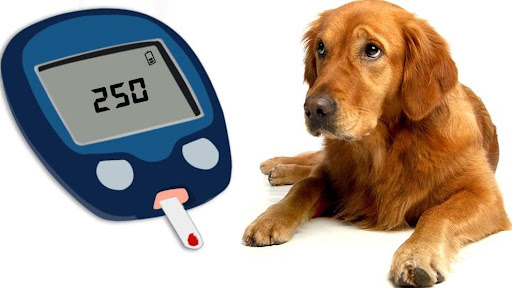

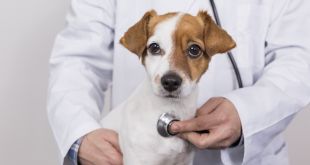












 in Chandigarh, India.
in Chandigarh, India. 
